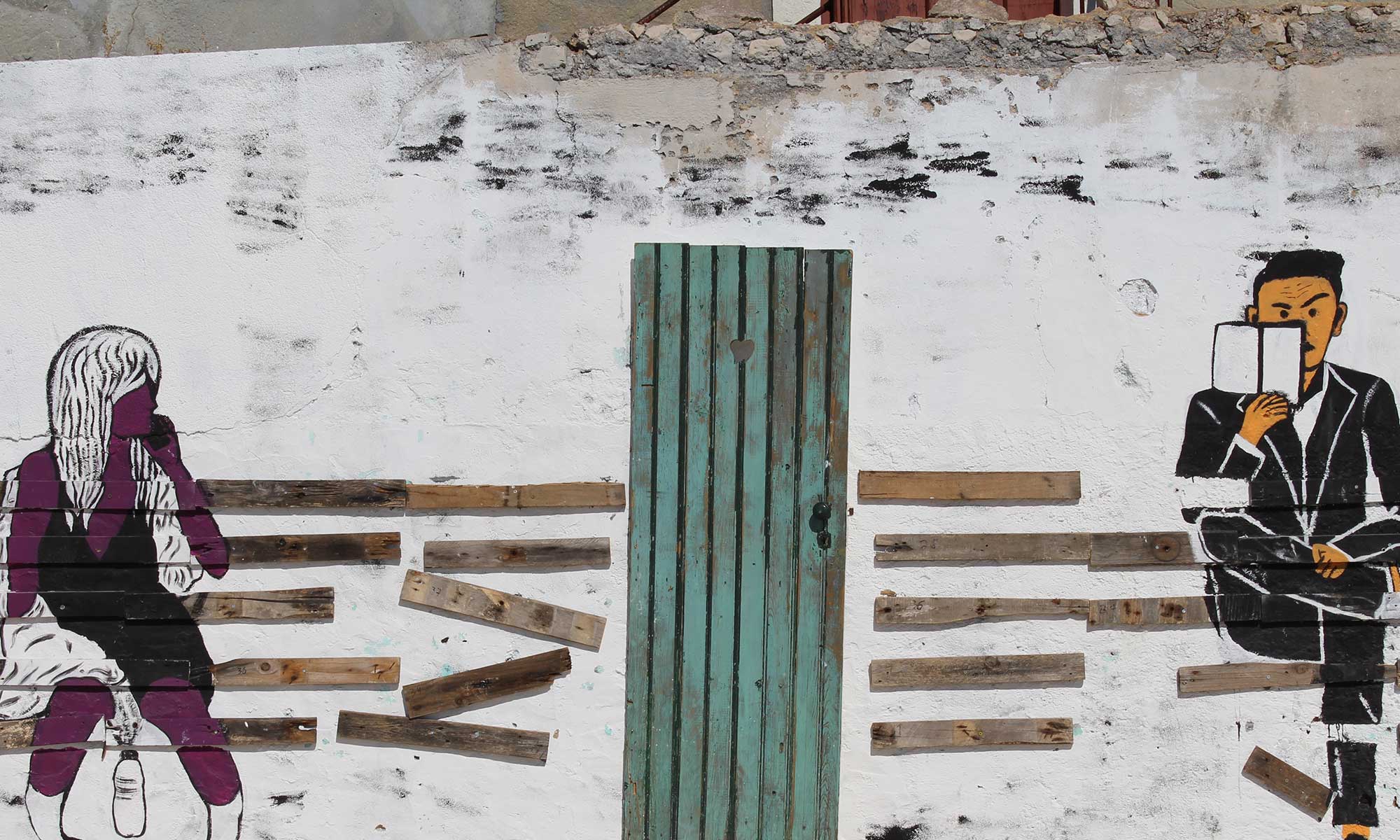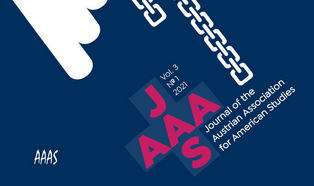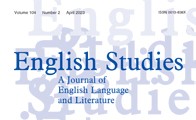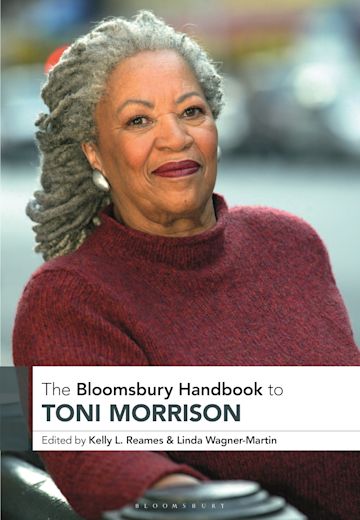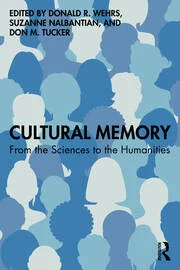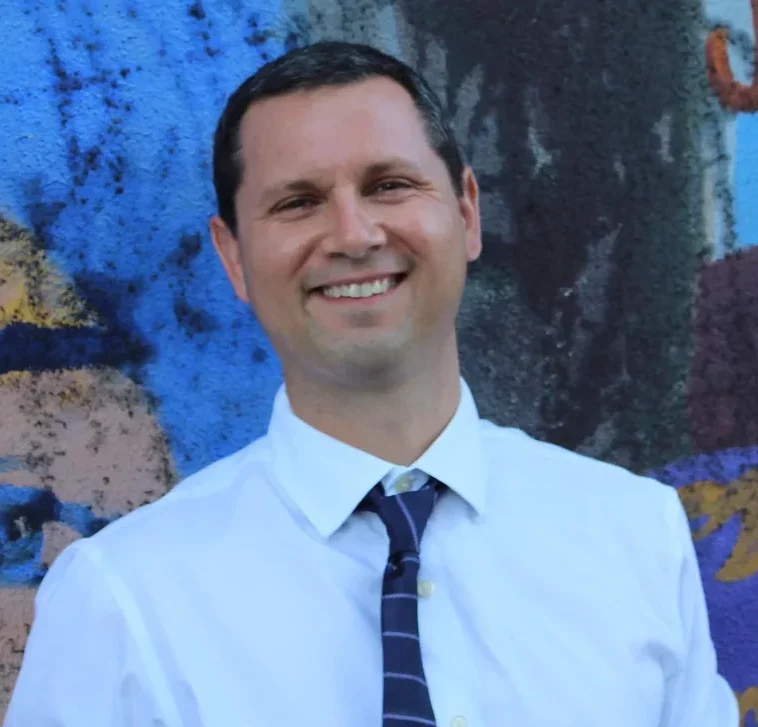Why I Read
by Kareem Tayyar
1.
It begins with Marvin K. Mooney, Will You Please Go Now!, by Dr. Seuss. You are three, maybe four years old, and even though it will be another few decades before you learn of the book’s veiled references to the Nixon Administration, you are already enchanted by the alluring strangeness of the world Seuss has created. It is the suburbs’ answer to Wonderland, our disembodied narrator a Cheshire Cat who has traded in his Dadaist koans for the kind of I’ve-Had-It-Up-to-Here-With-This-Nonsense proclamations that make him children’s literature’s version of William Jennings Bryan. Of course, there are those illustrations, as gonzo in their own way as anything Ralph Steadman ever put to paper, but mostly it is the sense that language—Story, especially—is a road that can take you into landscapes not located on the globe that sits on the dresser next to your bed.
2.
At ten, eleven, twelve years old you read every sports autobiography you can get your hands on. Larry Bird’s Drive. Jackie Robinson’s I Never Had it Made. Kareem Abdul-Jabbar’s Giant Steps, which is the closest thing to James Baldwin’s Go Tell it On the Mountain that an athlete has ever produced, Jabbar wrestling with faith and race, violence and mercy, individualism and community all while making a more-than-compelling case that jazz is as indispensable to American life and culture as air and water. It’s true that in middle school you thought there was a better than 50-50 chance that you were someday going to
be a professional athlete yourself, but mostly what you sought in these books—though you didn’t yet have the language to articulate it—was to know what men had learned about themselves through the mastery of a child’s game. But what came with that desire was, among other lessons, an unexpected introduction to grief (Bird writing about the suicide of his father); hardship (Robinson enduring constant threats of racially-motivated violence); and personal transformation (Jabbar leaving Christianity for Islam).
3.
At fourteen you read Moby Dick and it bores you to death. It is no Jaws, of that you are certain. It may not even be on the level of Jaws 2, though that, you admit, may come down to matters of personal taste.
4.
At sixteen you read The Catcher in the Rye, which has one of the most beautiful passages in all of American Literature:
I keep picturing all these little kids playing some game in this big field of rye and all. Thousands of little kids, and nobody’s around—nobody big, I mean—except me. And I’m standing on the edge of some crazy cliff. What I have to do, I have to catch everybody if they start to go over the cliff—I mean if they’re running and they don’t look where they’re going I have to come out from somewhere and catch them. That’s all I do all day. I’d just be the catcher in the rye and all. I know it’s crazy, but that’s the only thing I’d really like to be.
Several decades later, when you are teaching a Children’s Literature class to a room full of college undergraduates, and you come to that passage, it will be all you can do not to begin weeping when you read the passage aloud, and on the drive home you will turn the radio on, roll down the windows, and be grateful for J.D. Salinger’s novel the way one is grateful for a hard rain after a long drought.
5.
In your twenties you encounter Langston Hughes’ “Let America Be America Again,” and from that moment on you will find its verses entering your head every single time you hear the National Anthem performed at a Lakers game, or a Dodgers game, or an Angels game. You will think that Hughes’s poem is to American Letters what Billie Holiday’s “Strange Fruit” is to American Music, or Dorothea Lange’s “Migrant Mother” is to American Photography: a counter to every single stump speech delivered by Ronald Reagan or George H.W. Bush or Bill Clinton or George W. Bush or Barack Obama or Donald Trump or Joe Biden or every other second-rate grifter who put his hand over his heart and swore to the people he had been elected to serve that he would put their interests before his own, because the United States was a noble country, because the United States was a kind country, because the United States was a country that cared for its children, for its elderly, for its out-of-work and its ill and its indigent:
O, yes,
I say it plain,
America never was America to me…
6.
At twenty-seven, or thirty-one, or thirty-three (exactly when you can’t remember) you reread Moby Dick and you are reminded, not for the first, nor for the last, time, that fourteen-year-old you had no idea what he was talking about, and that Melville’s epic is as piercingly funny as Richard Pryor’s Live on the Sunset Strip, as achingly sad as Robert Duvall’s performance in Tender Mercies, as terrifyingly prophetic as Ray Bradbury’s Fahrenheit 451, as gorgeously romantic as Bob Dylan’s “Girl from the North Country,” and as appallingly violent as the final scene in Arthur Penn’s Bonnie and Clyde. Even all these years later, Starbuck and Queequeg and Ahab and Ishmael and the whale itself all feel as real to you as the people you encounter in your actual life on an everyday basis. Sometimes you wonder if this will ever change, but you doubt that it will.
7.
Somewhere around the time of rereading Moby Dick you discover Sherman Alexie, who you quickly realize has written—and will continue to write—as many masterful short stories as Ernest Hemingway, Raymond Carver, and John Cheever, and whose unparalleled blending of humor and tragedy means that it becomes a normal part of the Alexie reading experience to want to laugh and cry and howl at the moon all at the same time. Especially when, as in “What You Pawn I Will Redeem,” our hero, Jackson Jackson, a penniless man and a beautiful soul, decides to become the type of epic hero the United States is most in need of: one who would rather love than fight, one who would rather befriend than antagonize, and one who believes that the future can only be beautified by refusing to turn one’s back on the past; or, as at the conclusion of “One Good Man,” a dying father and his middle-aged son realize that, after their car has broken down and their money has (mostly) run out, their best shot of getting across the border from California to Mexico is to hope they get mistaken for illegal immigrants and are thereby deported. It’s brilliant and heartfelt and hilarious and the dialogue is as funny as anything in Planes, Trains, and Automobiles and there are touches of Magic Realism as transportive as in anything by Toni Morrison or Louise Erdrich or the transcendentally talented Brian Doyle.
8.
At forty-two you stumble across Sandra Cisneros’ My Wicked, Wicked Ways, and after an afternoon of reading her free-verse poems chronicling her solo travels through Europe—fires in Hydra, gorgeous men in Paris, a valentine to Michelangelo’s David that’s playful and sexy in ways that too little of American Literature is—all you want to do is buy a one-way ticket to Florence and figure out the rest when you arrive.
9.
Through all of these years and decades there have been the detective novels you love, by Walter Mosley and Raymond Chandler and Dashiell Hammett and James Ellroy, and there have been the nature writers you adore, Robert Frost and Annie Dillard and Jim Harrison, and there have been Lucille Clifton’s quartet of Superman poems and Barry Spacks’ The Company of Children and Barbara Hamby’s endlessly inventive American odes, which someone really should put in the hands of Debbie Harry or Patti Smith or Stevie Nicks and tell them, here you go, here are the lyrics to your next album, now put some music to
these and we look forward to seeing you play them live at The Hollywood Bowl next summer. There have been Anthony Bourdain’s Kitchen Confidential and Ali Zarrin’s “Made You Mine, America,” and Mark Kram’s Ghosts of Manila, which reminds readers that Joe Frazier was a great fighter and a brave man and deserved far better than how Muhammad Ali and so much of the American media treated him. There have been Greil Marcus’ Mystery Train, which reminds us that ours is a country much stranger, wilder, scarier, and prettier than we often realize, and which does so while also making sure we remember that Elvis was one hell of a singer, Randy Newman one hell of a songwriter, and that The Band’s back catalogue should be required listening if one wants to gain a fuller understanding of this country than what we are given on CNN or NPR or (God forbid) Fox. There has been the work of Joan Didion, more romantic than she would have ever wanted to admit; of Chuck Klosterman, able to discuss the discography of Motley Crue and the theories of Aristotle with the same level of intellectual rigor; of Junot Diaz, whose The Brief Wondrous Life of Oscar Wao had you so heartbroken by the end that you haven’t been the same since.
And there have been the writers who have never gotten famous, yet whose work is as necessary and meaningful and creative as those at the center of the American Canon, writers like Rafael Zepeda, whose poem “The Wreckers,” told from the point of view of a Latino man as wise as Gandalf or Yoda, informs his readers about the ultimate fate of Southern California; like Edward Field, whose poems about the Golden Age of Hollywood are romantic and humorous in equal measure; like Faith Shearin, who writes about myth and motherhood and window shopping and late summer swims and her weight on other
planets with a lyricism that regularly makes you feel as if your feet have taken leave of the earth; like Dave Newman, whose novels treat the lives of truck drivers and bartenders and adjunct professors with the type of understated reverence rarely found outside of John Mellencamp songs.
10.
And there continue to be these lines by Mary Oliver, lines which you whisper to yourself as often as a Catholic penitent says the Hail Mary:
Tell me, what is it you plan to do
with your one wild and precious life?
To honor such a question with an appropriate response would be an endeavor far too long for an essay such as this. But you can assure readers that a part of your answer would be as follows: to read. As widely and as devotedly and as carefully and as enthusiastically as I can.
Works Cited:
Cisneros, Sandra. My Wicked, Wicked Ways. New York: Vintage Contemporaries, 1987.
Hughes, Langston. “Let America Be America Again.” poets.org.
Salinger, J.D. The Catcher in the Rye. New York, Little, Brown and Company, 1945.
Kareem Tayyar was born in Los Angeles in 1977. The son of an Iranian father and an Irish Catholic mother, he was raised in Orange County, California, where he spent his childhood watching Warren Beatty and Robert Redford movies on television, listening to Born to Run and Purple Rain approximately 17 million times, and playing so much pickup basketball that he still can’t believe the L.A. Lakers didn’t sign him by the time he was twelve years old. A long-time resident of Southern California, Tayyar’s work chronicles and celebrates the beauty, complexity, diversity, and energy of the region in work that is by turns funny, heartfelt, and spiritual. A Professor of English at Golden West Community College in Huntington Beach, California, he holds a Ph.D. in Literature from U.C. Riverside, and he is a recipient of a 2019 Wurlitzer Fellowship for Poetry. He is the Poetry Editor at Chiron Review.
